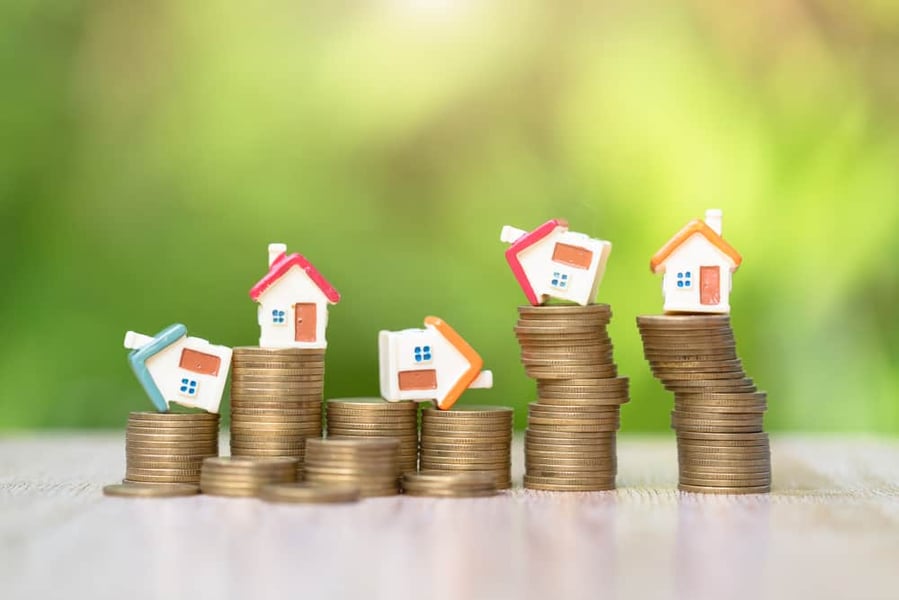On a non-seasonally adjusted basis, average house prices in the UK decreased by 3.7% between June and July 2021, compared with an increase of 0.8% during the same period a year earlier.

UK house prices increased by 8.0% in the year to July 2021, down from 13.1% in June 2021, meaning average prices are now £255,535, according to the HM Land Registry UK House Price Index.
On a non-seasonally adjusted basis, average house prices in the UK decreased by 3.7% between June and July 2021, compared with an increase of 0.8% during the same period a year earlier.
House price growth was strongest in the North East, where prices increased by 10.8% in the year to July 2021.
The lowest annual growth was in London, where prices increased by 2.2% in the year to July 2021.
The UK Property Transactions Statistics showed that in July 2021, on a seasonally adjusted basis, the estimated number of transactions of residential properties with a value of £40,000 or greater was 73,740.
This is 4.2% higher than a year ago. Between June and July 2021, UK transactions decreased by 62.8% on a seasonally adjusted basis, following a record level of transaction numbers in June 2021.
The Bank of England’s Money and Credit July 2021 release reported that mortgage approvals for house purchases in July 2021 was 75,200, which is down from 80,300 in June 2021.
Karen Noye, mortgage expert at Quilter, said: "House prices have fallen by 3.7% from June to July, which represents a significant drop as the ramifications of the wind up of the stamp duty holiday start to be felt in the market.
"However, the average house price in the UK has still increased by an eyewatering 8.0% in the year to July 2021, coming down from a high base of 13.1% in June 2021.
"Due to the ever-evolving cultural shifts that have stemmed from the pandemic we may not see house prices fall as sharply as some predicted after the stamp duty holiday goes completely at the end of this month.
"Many have adopted a wait and see approach with their employers during the pandemic to see whether hybrid working was really here to stay.
"With many companies adopting a much less office-centric culture going forward there will still be a slew of people looking to move to take advantage of more space further from large cities.
"House prices are therefore more likely to gradually deflate opposed to truly crash as we head into the autumn and winter, and in some locations may still rise.
"This is well illustrated by the UK Property Transactions Statistics showing that in July 2021, the estimated number of transactions of residential properties was still 4.2% higher than a year ago.
"At this point the full stamp duty holiday had gone and yet property transactions remain higher than previous years.
"However, in the same breath they did decrease by 62.8% from June levels illustrating how many people rushed to buy to take advantage of the last month of the full stamp duty holiday.
"Looking to the future, higher levels of inflation and other economic worries may further push house prices down but we must remember that considering we have lived through over 18 months of a once in a generation pandemic it is still astonishing that prices are 8% higher than a year ago."



